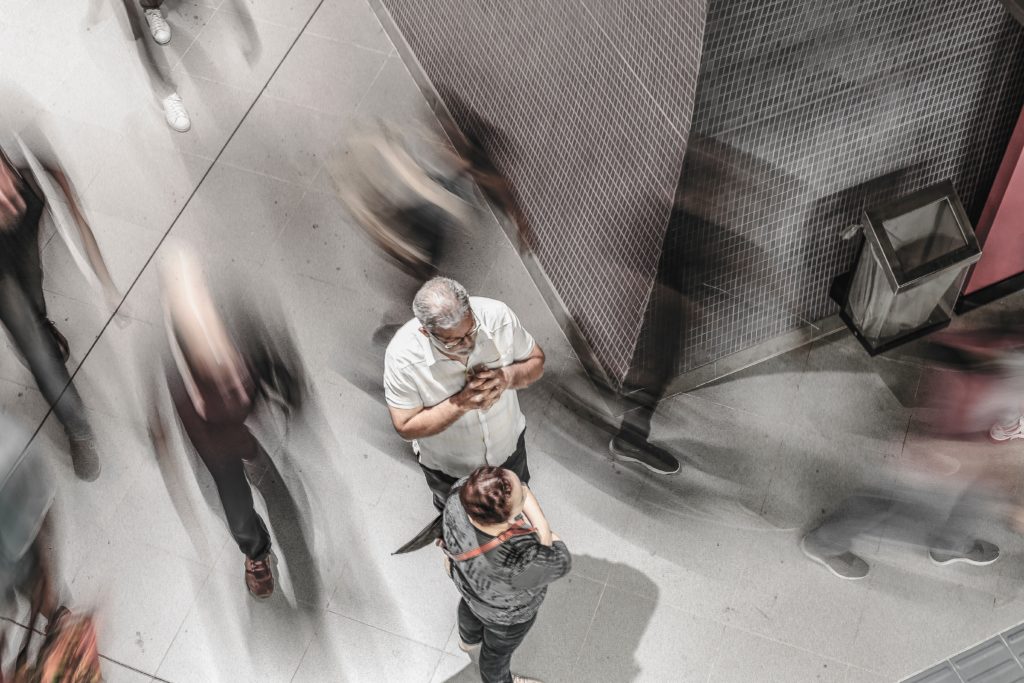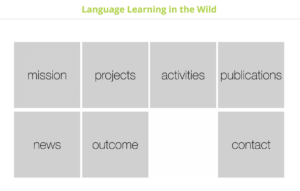Projects under the topical header of Language learning in the wild carry out innovative reconfigurations of local communities that encourage people to build L2 learning spaces in their everyday practices. This reconfiguration entails designing social infrastructures that enable newcomers to participate in the surrounding community without fear of being misunderstood or not being able to understand, and without the risk of the locals switching to English. Instead, newcomers will be nudged into engaging with locals to carry out their business (e.g., buying groceries, joining sports clubs, becoming library users etc.) in the local language under the agreement that the locals are cooperative and supportive. Such an infrastructure needs designing through reconfiguration of local communities by engaging locals in the process, but it essentially remains the task of the newcomers to maintain and fertilize the infrastructure – and using it to form longer-lasting relations to locals (e.g., through sports club memberships or at work places).
Language learning in the wild projects socialize second language (L2) learning theory by bringing the L2 learners and their learning out of the classroom and into the L2 community. We substantiate and build theory on L2 socialization while also 1) establishing a principled paradigm for a usage-based, ethnomethodological L2 learning theory; 2) bringing about systematic empirical evidence for these underlying views of language and L2 learning; 3) developing infrastructures and technologies for using the local the local language; and 4) making principled research-based descriptions of how to build similar social infrastructures in other places nationally and internationally.
Søren Wind Eskildsen

